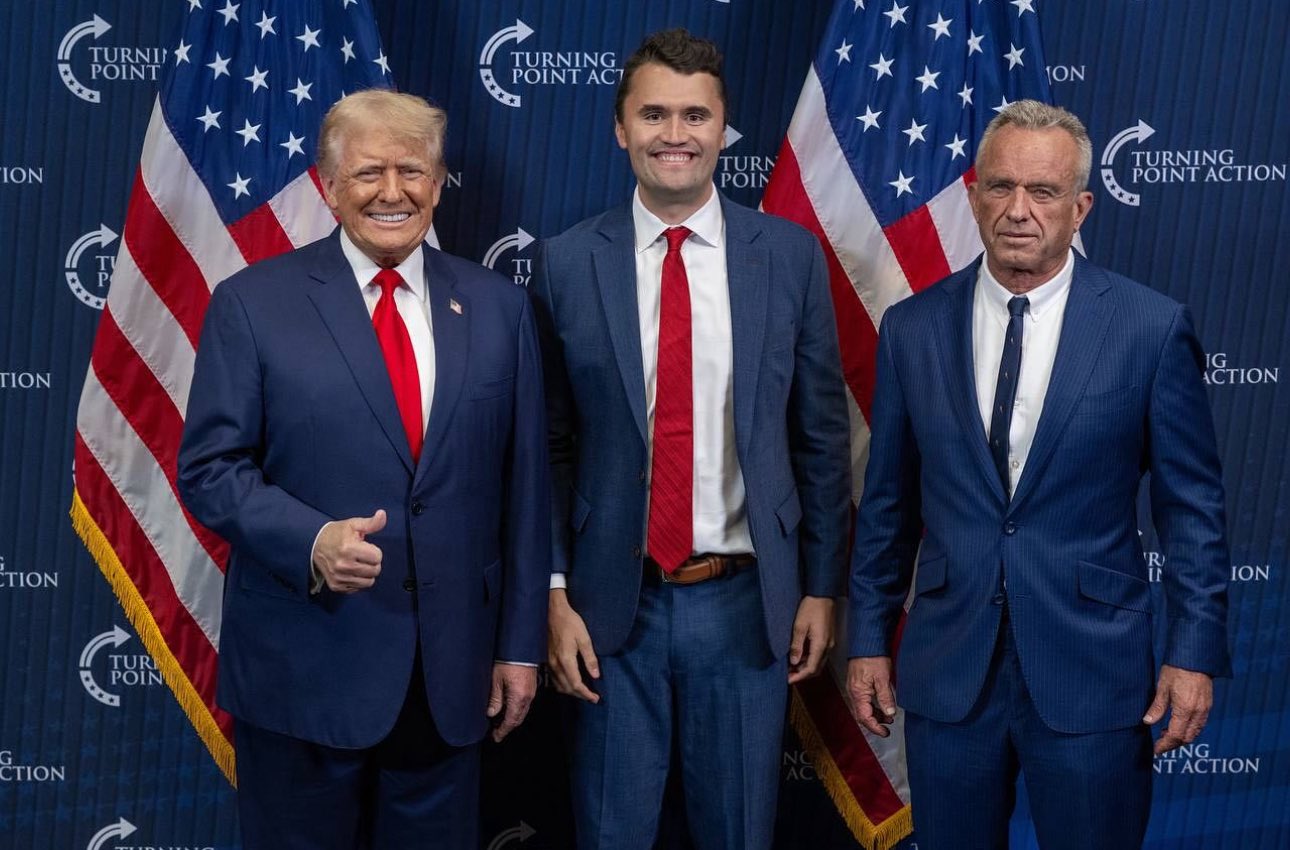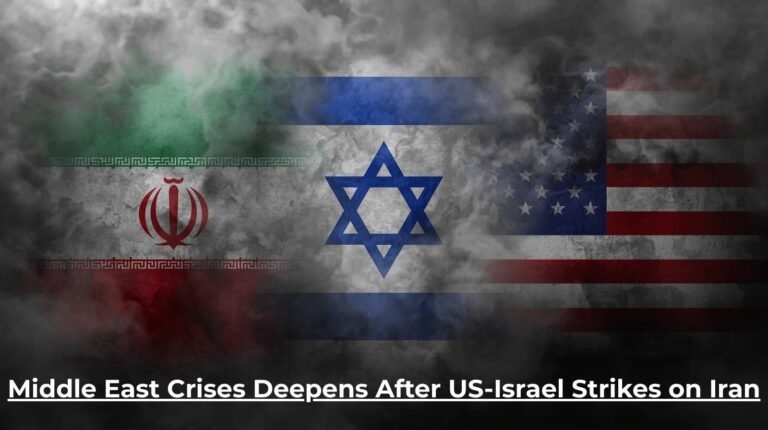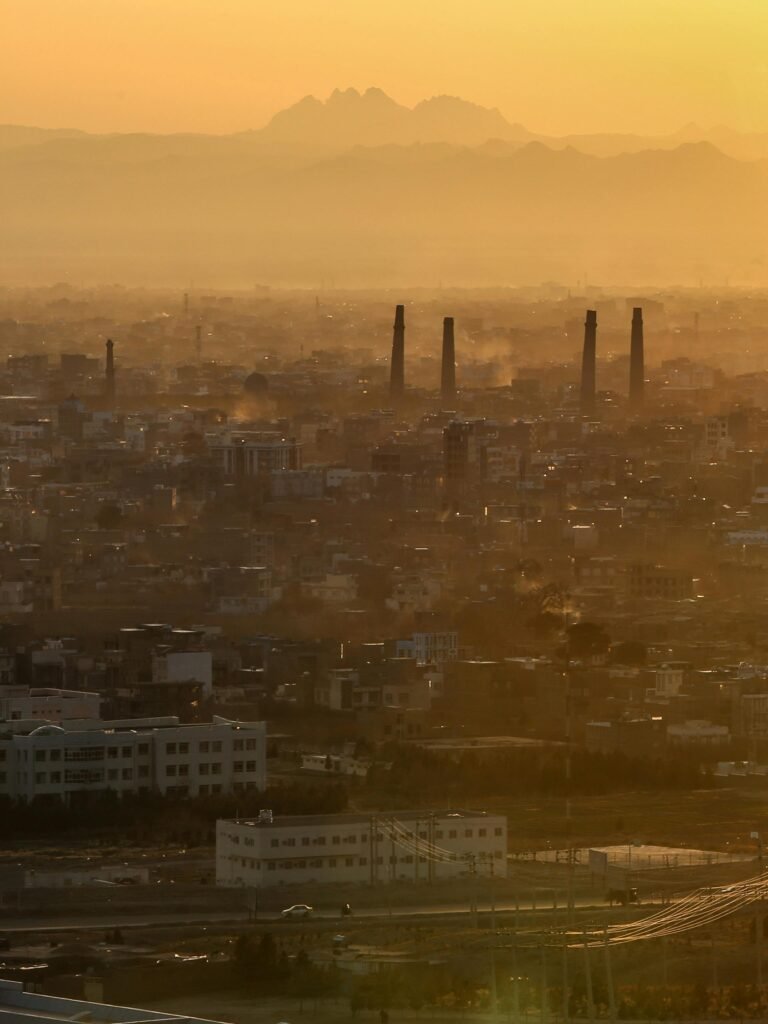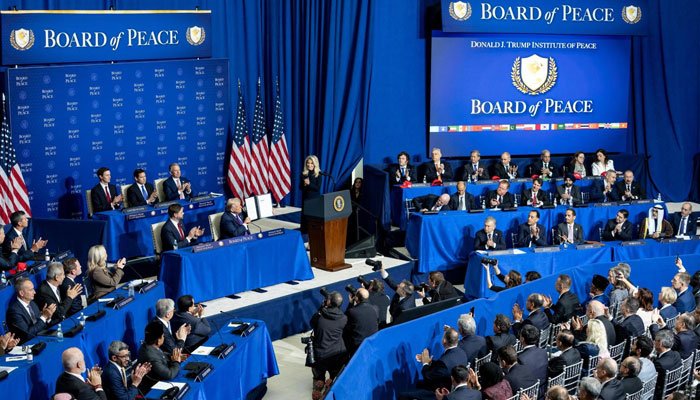Surge in Political Violence Sparks Concern After Charlie Kirk Assassination. The assassination of right-wing influencer Charlie Kirk marks a critical turning point in the rising wave of political violence in the United States. Experts warn this tragedy could further deepen the country’s divisions and spark additional unrest.
“This event is horrifying and alarming, but not entirely surprising,” said Mike Jensen, a researcher at the University of Maryland. His team has tracked politically motivated violence in the U.S. since 1970. He reported about 150 such attacks in the first half of this year alone — nearly double the number recorded during the same period last year.
Charlie Kirk is a father and a husband. He is a human. I don’t care if you politically disagree with him nothing justifies this sick act. pic.twitter.com/FuygHfLRdm
— kira 👾 (@kirawontmiss) September 10, 2025
Jensen warned, “We are in a very dangerous position that could easily escalate into widespread civil unrest if not addressed. This incident may become a flashpoint that inspires more violence.”
Earlier, a rare and controversial Israeli airstrike on Qatar has drawn global condemnation and raised serious concerns about escalating tensions in the Middle East.
Kirk Defend Gaza Massacres
Charlie Kirk has defended every massacre in Gaza and used every platform available to justify Israel’s starvation campaign pic.twitter.com/5ClTdFlJG7
— Ashok Kumar | 🇵🇸 (@broseph_stalin) September 10, 2025
Charlie Kirk has consistently defended every massacre in Gaza and used every available platform to justify Israel’s starvation campaign.
Root Causes of the Violence
Several factors contribute to the increase in political violence, according to domestic terrorism experts. Economic insecurity, fears about changing racial and ethnic demographics, and the growing inflammatory tone in political discourse all play a role.
Traditional ideological disagreements have morphed into deep personal animosities, fueled by social media, conspiracy theories, and individual grievances. Reuters identified over 300 political violence cases in the U.S. last year alone — the most significant surge since the 1970s.
Jon Lewis, a research fellow at George Washington University’s Program on Extremism, stated, “Extreme political violence is becoming normalized. The shooting of Charlie Kirk highlights a broader problem where violence occurs without clear ideology or motive.”
Political science professor Lilliana Mason from Johns Hopkins University explained, “While few want to initiate violence, many feel justified in retaliating. No one wants to start the conflict, but many want to finish it.”
The Shooting and Its Aftermath
Charlie Kirk, a prominent President Trump ally and founder of Turning Point USA, was speaking to around 3,000 people outdoors at Utah Valley University when gunfire erupted. Kirk fell from his chair as attendees panicked and fled.
Authorities had not publicly named a suspect by Wednesday evening. FBI Director Kash Patel confirmed an individual had been detained and later released for questioning.
Kirk, 31, had built a strong influence among young conservatives, helping expand Trump’s MAGA base. Trump mourned Kirk on social media, saying, “No one understood or had the heart of America’s youth better than Charlie.”
Following the shooting, many lawmakers called for increased security. Republican House Speaker Mike Johnson noted a “deluge” of requests for stronger protective measures.
A Vicious Cycle of Political Violence
President Trump himself faced two assassination attempts last year, including one where the assailant was killed immediately and another involving an arrest near his golf club.
This year, two other high-profile attacks by right-wing extremists shocked the nation. In June, a Christian nationalist murdered a Democratic state lawmaker and her husband in Minnesota. In August, a gunman obsessed with COVID-19 conspiracies opened fire at the CDC headquarters, killing a police officer.
Since January, at least 21 people have died in politically motivated violence, including 14 victims of an attack in New Orleans on New Year’s Day.
In July, militants attacked a US State Texas immigration detention center, firing weapons and injuring law enforcement officers.
Since returning to office, Trump’s administration has shifted focus from countering domestic extremism to immigration enforcement, labeling the southern border the top security threat.
Jensen reflected on the grim outlook: “This administration has brought profound changes that some love and others hate. Those opposing it are beginning to act out violently, and supporters are retaliating. This vicious spiral risks pushing the country into severe conflict.”









